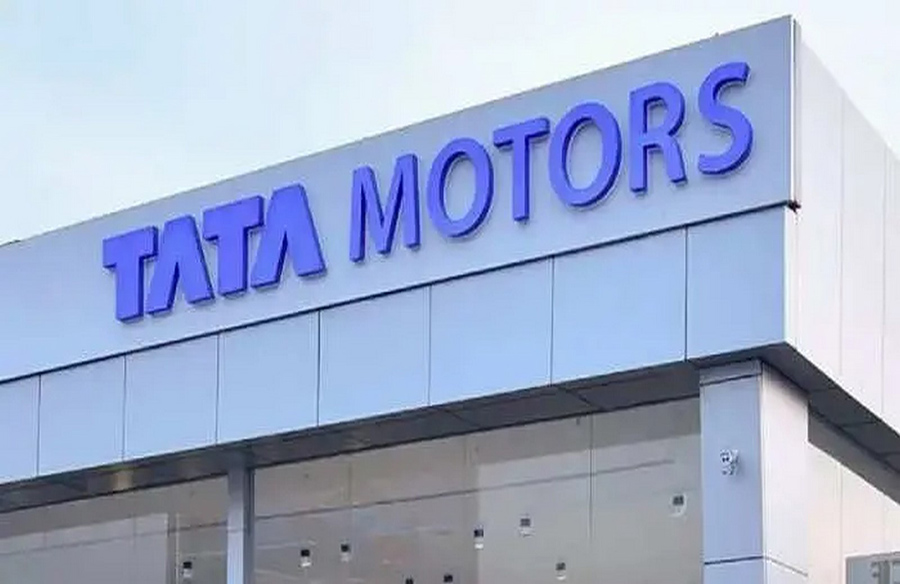Tata Motors Limited (TML) has recently been awarded a significant compensation of Rs 765.78 crore, along with an 11% interest accrued since September 2016, by a three-member Arbitral Tribunal. This compensation is in relation to the closure of Tata Motors’ Nano car project in Singur, West Bengal. Let’s delve into the details of this ruling and its implications.
Tribunal’s Decision and Tata Motors’ Statement
Tata Motors officially announced the tribunal’s decision through an exchange filing with the National Stock Exchange (NSE). The Arbitral Tribunal, after considering Tata Motors’ claim for compensation against West Bengal Industrial Development Corporation Limited (WBIDC), has concluded in favor of Tata Motors. The tribunal’s unanimous award, dated October 30, 2023, directed the West Bengal government to pay the specified compensation amount.
Legal Ramifications and Potential Challenges
Despite the tribunal’s ruling, legal experts highlight that the West Bengal government retains the option to challenge this order at a higher court. This aspect introduces a layer of complexity and potential legal proceedings that may follow in the wake of this decision.
Response from WBIDC and Political Landscape
As of the report’s filing, the WBIDC officials had not received official communication regarding the compensation order. Moreover, there was no immediate response from the ruling Trinamool Congress regarding this development.
Background and Context
The genesis of this dispute dates back to the announcement of the Nano project in Singur during the tenure of the then Left Front government led by Buddhadeb Bhattacharjee in 2006. Subsequent land acquisition and project initiation faced resistance from a section of landowners, leading to a prolonged agitation against land acquisition.
The subsequent withdrawal of Tata Group from Singur and the shift of the Nano project to Sanand, Gujarat, marked a significant turn of events. The Mamata Banerjee-led Trinamool Congress, upon assuming power, prioritized the return of land to the landowners in Singur, further complicating the situation.
Impact on West Bengal’s Governance and Economy
The tribunal’s compensation order is seen as a substantial setback for the West Bengal government, particularly in the context of attracting investments and promoting a conducive business environment. Observers note that this development may have repercussions on the state’s financial landscape, given its existing debt burden and fiscal challenges.
Political Reactions and Future Implications
While the ruling party, Trinamool Congress, is yet to respond formally to the tribunal’s order, opposition parties have criticized the government’s handling of the Singur issue. The potential financial implications of this compensation payment have sparked discussions about the state’s financial health and governance priorities.
In conclusion, the tribunal’s decision in favor of Tata Motors signifies a significant milestone in the long-standing Singur plant dispute. The aftermath of this ruling, including potential legal actions and political ramifications, remains to be closely monitored as it unfolds.


